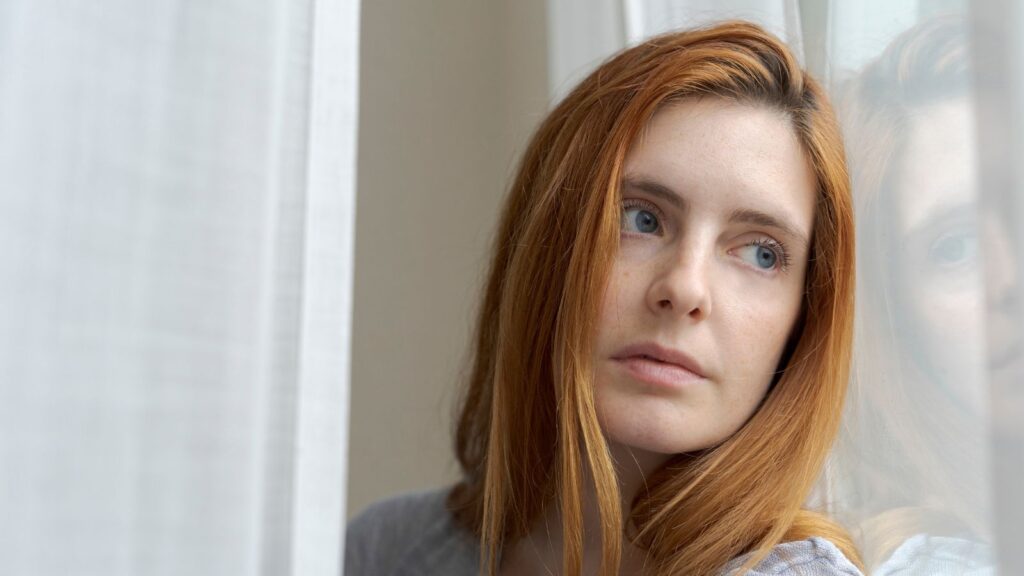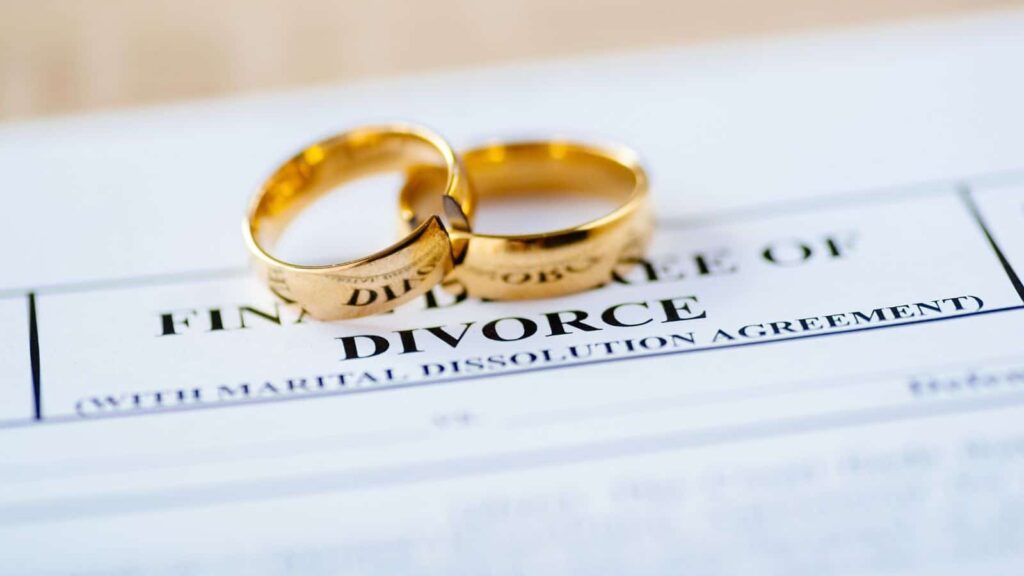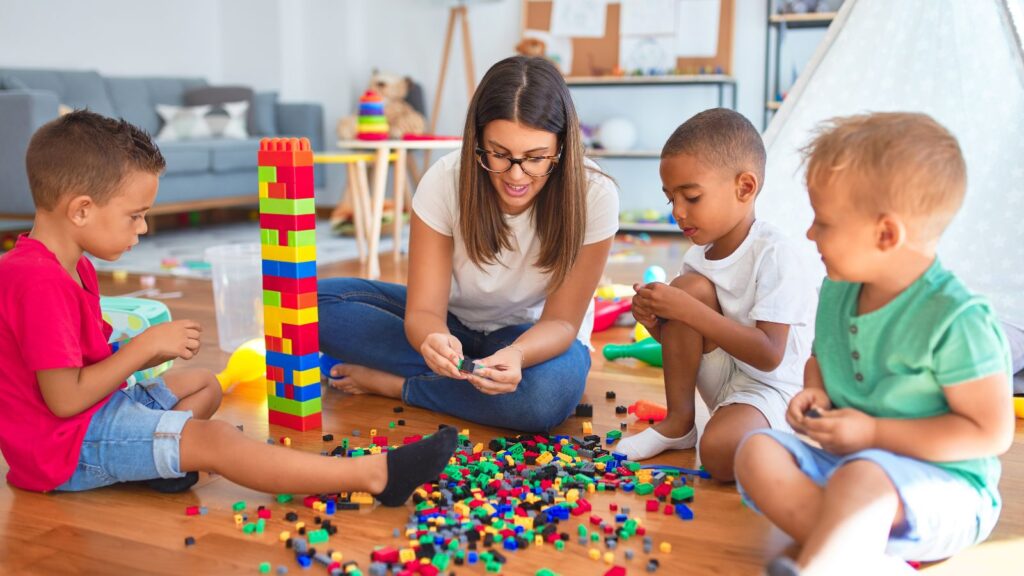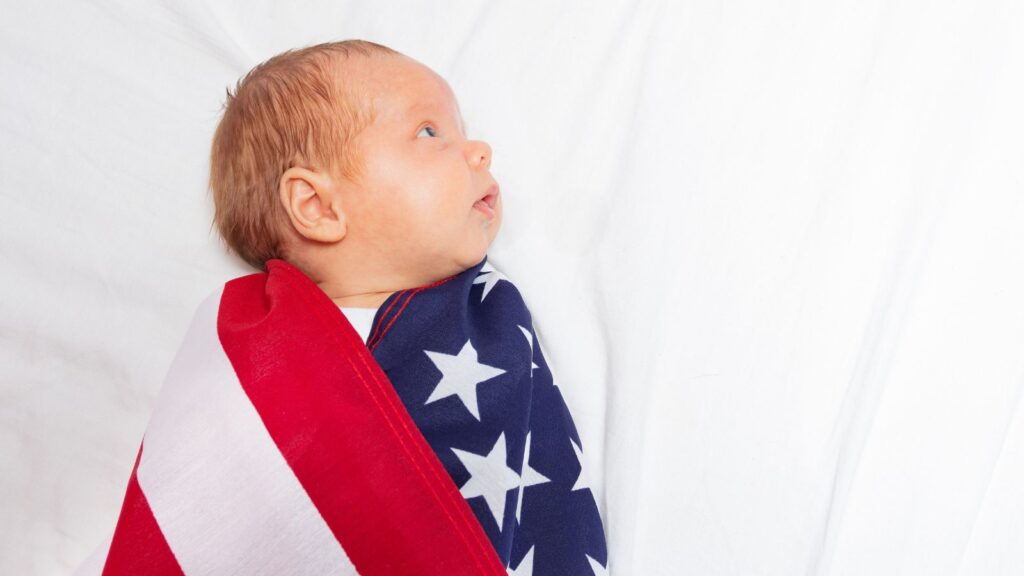In recent years, the birth rate in the United States has been on a steady decline, with many Americans choosing to have fewer children or none at all. We’ve all heard of “The Baby Boom,” but now it looks more like America is facing “The Baby Bust.” This downward trend of procreation reflects a complex web of personal, economic, and societal influences that are shaping family planning decisions today. Let’s take a look at the myriad of reasons contributing to The Baby Bust in America.
Career Prioritization

Many Americans, especially women, are choosing to prioritize their careers over starting a family, and the dedicated pursuit of professional success often requires postponing or forgoing having children altogether.
Lack of a Suitable Partner

Being a parent is a demanding and extremely important role, and not everyone has the characteristics or patience to nurture a new human being for 18 years into adulthood. This makes finding the right partner challenging, and some individuals delay or abandon the idea of having children because they haven’t met someone with whom they want to share parenthood.
Trauma and Mental Health

Previous trauma, mental health issues, or the fear of passing on genetic conditions can influence the decision to remain child-free. This is often quite a selfless decision, and it demonstrates that the individual concerned understands the emotional readiness that is required for parenthood.
Valuing Smaller Families

Cultural shifts towards valuing smaller families mean that having fewer children is now more acceptable and even preferred. This trend is reflected in the steady decline in the average number of children per household in the US.
Influence of Media and Public Figures

Media portrayals of the challenges of parenthood and public figures who choose to remain child-free influence public perception, and these portrayals often highlight the benefits of a child-free lifestyle.
Increased Divorce Rates

The high rate of divorce can make people hesitant to start families, and the emotional and financial toll of divorce deters many from having children within unstable relationships, especially if they experienced divorce from their own parents.
Infertility Issues

Infertility affects many couples, and despite advances in reproductive technology, treatments can be expensive, invasive, and emotionally draining, and the daunting idea of this struggle leads some to remain child-free.
Desire for Personal Freedom

A significant number of young adults prefer the freedom and flexibility that comes with being child-free. This lifestyle allows for more travel, leisure activities, and personal time, which many find appealing.
Changing Social Norms

Social expectations around marriage and family have evolved, and there's less societal pressure to have children these days for both men and women and being child-free is increasingly viewed as a valid and respected choice.
Concerns About the Future

Many potential parents are anxious about the future, including economic stability, political climate, and environmental sustainability, and these worries can make the idea of bringing a child into the world seem irresponsible, selfish, or unwise.
Climate Change and Environmental Impact

Growing awareness of climate change and overpopulation has led some to decide against having children as they believe this choice helps reduce their environmental footprint.
Cost of Raising a Child

The expense of raising a child in America has skyrocketed, and including everything from childcare to education, many people simply can’t afford it. Parents can expect to spend an average of $631 per month per child on care alone, with some spending over $1,000 monthly, and this financial burden deters many from expanding their families.
Stagnant Wages vs. Rising Costs

While the cost of living continues to rise, wage growth has not kept pace, particularly for the middle class, and this financial strain has made the prospect of having children daunting, particularly for young adults.
Healthcare Costs

Healthcare in the US is notoriously expensive, and the costs associated with pregnancy, childbirth, and ongoing medical care for children add another layer of financial stress, leading some to reconsider or avoid parenthood altogether.
Health Concerns

Personal or partner health issues can also influence the decision not to have children. Conditions that affect fertility or might make pregnancy risky have also contributed to lower birth rates in the US. Many people don’t realize this, but there are many conditions that can increase risks to both the mother and the baby’s life, and these can ultimately persuade some people to play it safe and opt out of parenthood.
Insufficient Parental Leave

The US lacks comprehensive parental leave policies, and compared to other developed countries, we are way behind on this front. The lack of paid leave makes it difficult for many potential parents to balance work and family life, and expensive childcare costs can end up putting them off the idea altogether.
Inadequate Childcare Support

Affordable and accessible childcare is scarce, and the high cost and limited availability of quality childcare services present a significant barrier for those wishing to have children. Plus, as American society has become more nuclear than ever, living away from extended relatives, many couples only have each other to depend on for childcare support.
Fear of Parenting Challenges

The demands and responsibilities of parenting can be overwhelming, and the fear of these challenges and the potential for not meeting societal standards of “good parenting” can deter many from having children.
The Baby Bust Revealed

As the reasons above illustrate, the decision to have children—or not—is deeply personal and influenced by a myriad of factors. Economic pressures, lifestyle choices, societal changes, and personal health concerns have all contributed to the declining birth rates in the United States. Understanding these reasons can help shape policies and support systems to better align with the needs and desires of modern Americans.
30 Traditional Sayings That Are Now Considered Offensive by Woke Culture

30 Traditional Sayings That Are Now Considered Offensive by Woke Culture
21 Habits Often Associated With Having a Lower Social Status

21 Habits Often Associated With Having a Lower Social Status
25 Social Issues Gen Z are Determined to Cancel

